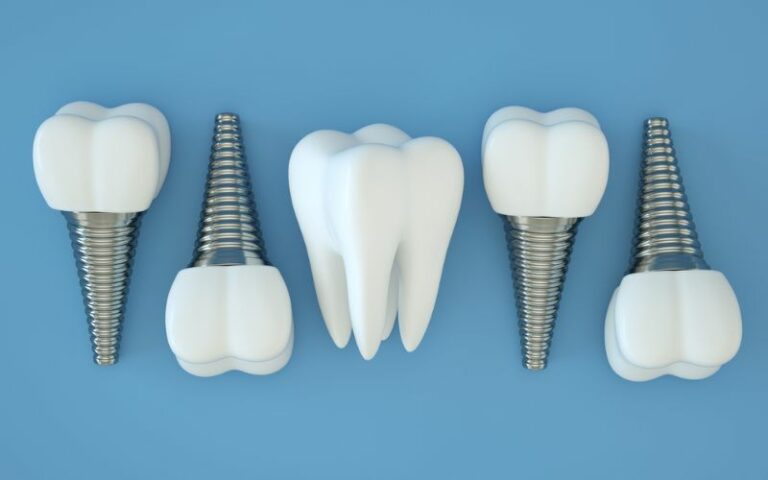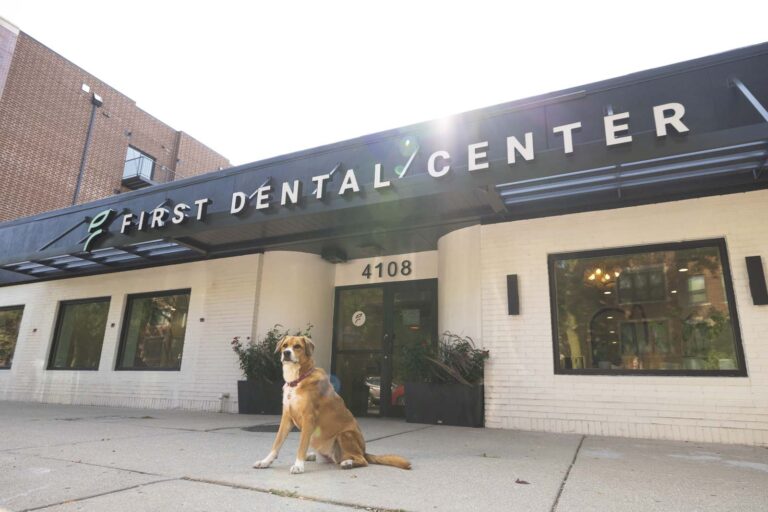It is important to note that every patient is unique, but there are some common signs that may indicate a need to have your wisdom teeth removed. These signs include:
– Impaction: This occurs when the tooth is stuck under the gums or completely hidden. If wisdom teeth do not emerge normally, they can become trapped within your jaw, leading to infection or even causing a cyst that can damage other teeth or roots.
– Changing bite alignment: Wisdom teeth can grow at various angles in the jaw, including horizontally, which can cause a change in your bite alignment.
– Crowding or damage to existing teeth: Wisdom teeth may not have enough room to come in properly, which can cause crowding or damage to existing teeth.
– Partial emergence: If your wisdom teeth only partially emerge through the gums, it can create a magnet for bacteria that can cause gum disease and oral infections.
Many dentists recommend removing wisdom teeth at an early age before the roots and bone are fully formed. This is often when recovery is faster.


